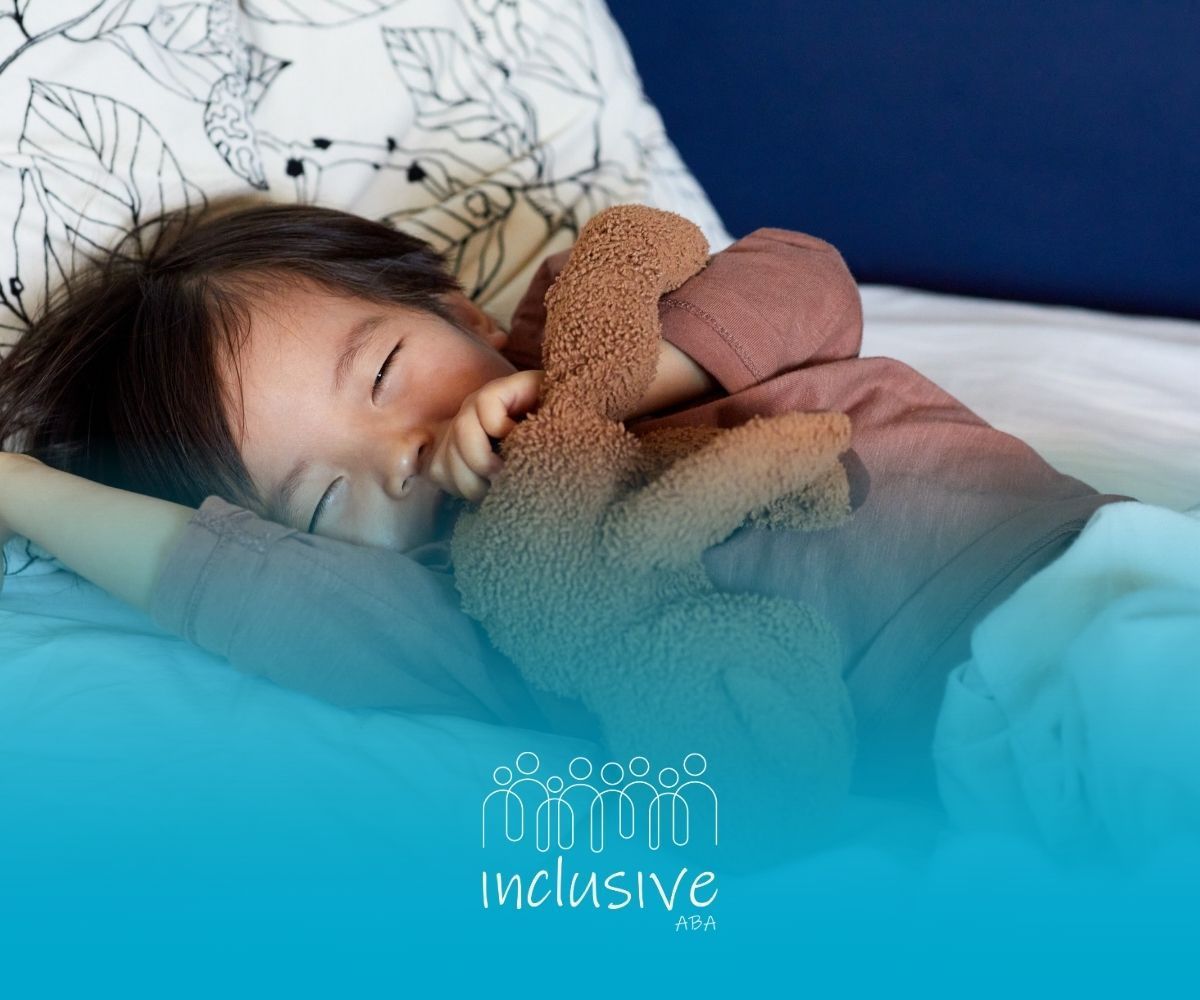Life as an Autistic Adult: Strengths, Challenges & Everyday Realities
Life as an autistic adult can be incredibly diverse. Some autistic adults live independently, have careers, and build meaningful relationships. Others may need ongoing support with daily living, social understanding, or sensory needs.
Autism doesn’t “go away” in adulthood — needs just change, and every adult’s journey looks different.
What Life Can Look Like for Autistic Adults
Autistic adults have strengths, challenges, hopes, routines, and dreams just like anyone else — they may simply experience the world in a different way.
Navigating Independence and Daily Living
Some autistic adults live completely independently. Others benefit from supportive living, help with finances, or routines for daily tasks.
Executive functioning — planning, organization, and decision-making — can sometimes be harder, so structure and tools (like schedules and reminders) make a big difference.
Common realities may include:
- Preference for routines
- Needing quiet time to recharge
- Using visual reminders or planners
- Support with chores, cooking, or bills
Independence looks different for everyone, and that’s okay.
Employment and Career Strengths
Autistic adults often excel in areas like:
- Attention to detail
- Deep focus
- Honesty and reliability
- Strong memory skills
- Unique problem-solving
With the right work environment — one that respects sensory needs and communication styles — autistic individuals thrive in fields like tech, art, research, hands-on trades, design, and more.
Social Life & Relationships
Many autistic adults enjoy social connection but may prefer:
- Smaller social circles
- Clear, direct communication
- Predictable social routines
- Shared hobbies versus small talk
Some have romantic relationships or build families; others choose a quieter life focused on independence and personal interests. Both paths are equally valid.
Sensory Needs Don’t Disappear
Bright lights, loud sounds, crowds, or certain clothing textures can still cause stress. Adults may use:
- Noise-canceling headphones
- Sunglasses or hats indoors
- Weighted blankets
- Calm retreat spaces
Supporting sensory needs isn’t “babying” — it’s respecting how someone’s brain experiences the world.
Mental Health & Self-Advocacy
Autistic adults are often strong self-advocates, especially those diagnosed early or supported well in childhood. Still, many adults report late diagnosis, burnout, or stress from masking (hiding autistic traits to fit in).
Growing awareness means more adults are learning:
- It’s okay to ask for accommodations
- They don’t need to mask to be accepted
- Their autistic identity is something to embrace, not hide
Life as an autistic adult can be fulfilling, rich, and meaningful — especially with acceptance, understanding, and access to support. Every autistic adult deserves dignity, independence, and opportunities to thrive in their own way.
For families preparing autistic teens for adulthood, Inclusive ABA provides supportive, individualized services in Nevada, Nebraska, Colorado, Utah, Iowa, and Ohio — including home-based ABA therapy, school-based ABA therapy, and ABA parent training to help children build future-ready skills.
Want to help your child gain independence, communication skills, and confidence for adulthood? Contact Inclusive ABA today!
FAQs
Do autistic adults live normal lives?
Yes — autistic adults can live full, meaningful lives. “Normal” looks different for everyone; the right support and understanding help autistic adults thrive.
Can autistic adults work?
Absolutely. Many autistic adults succeed in careers that match their strengths and interests, especially in supportive environments.
Do autistic adults need support?
Some do, some don’t. Needs vary — support can include routines, therapy, life-skills coaching, sensory accommodations, or workplace adjustments.
Sources:
- https://www.apa.org/monitor/2023/11/adults-autism-spectrum
- https://www.helpguide.org/mental-health/autism/autism-in-adults
- https://www.cdc.gov/autism/living-with/index.html
- https://www.autism.org.uk/advice-and-guidance/stories
- https://pmc.ncbi.nlm.nih.gov/articles/PMC6220831/
- https://www.health.harvard.edu/mind-and-mood/autism-the-challenges-and-opportunities-of-an-adult-diagnosis
Looking for Expert Help? We're Here for You!
Our compassionate and skilled team is devoted to enhancing your child's development through customized ABA therapy. Let us partner with you to create a supportive environment for your child's success.
Discover how we can help your family thrive with expert ABA therapy.
Related Posts







